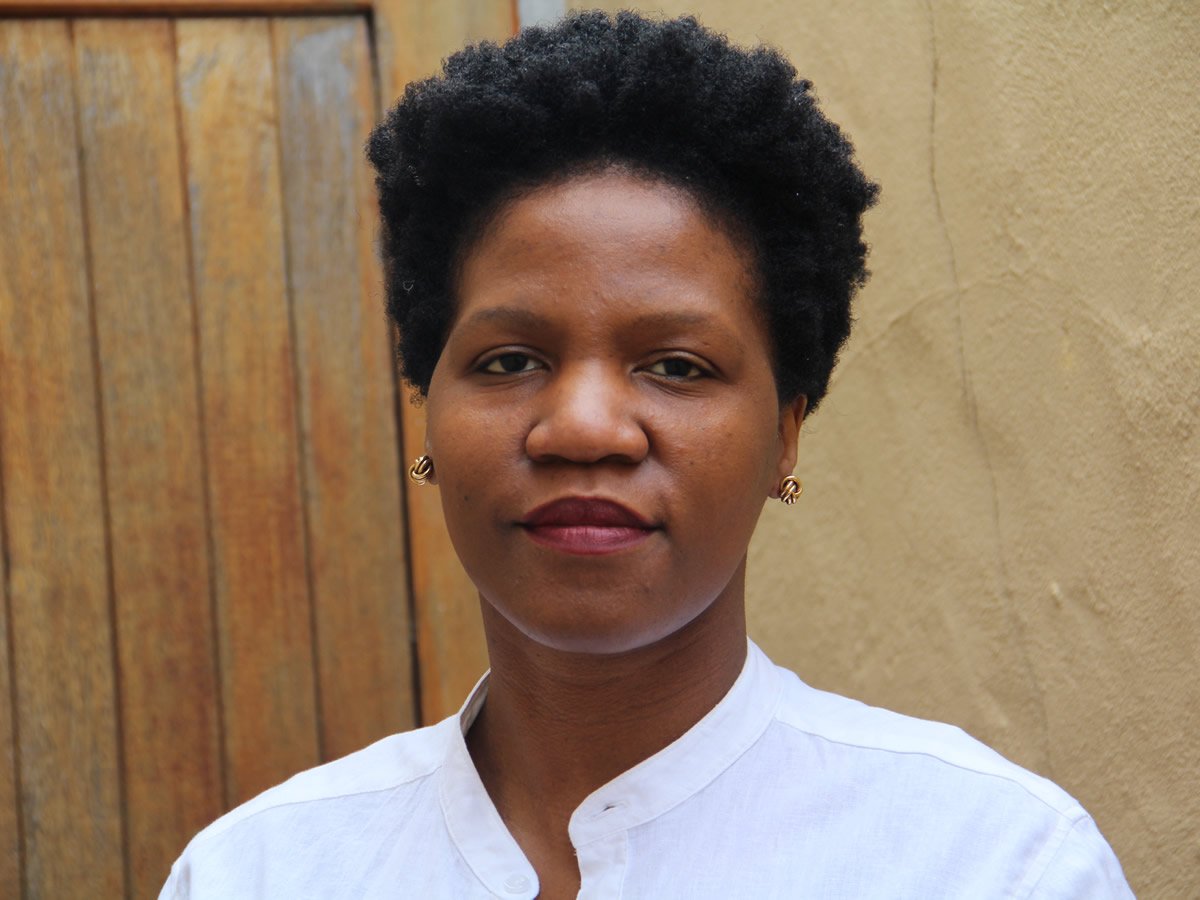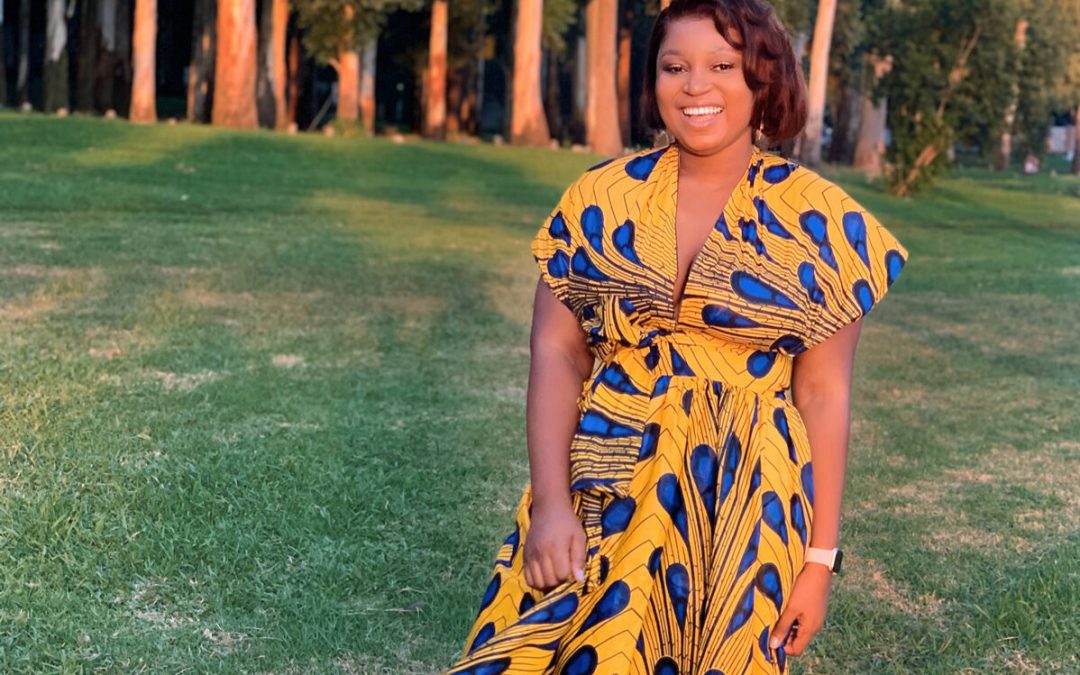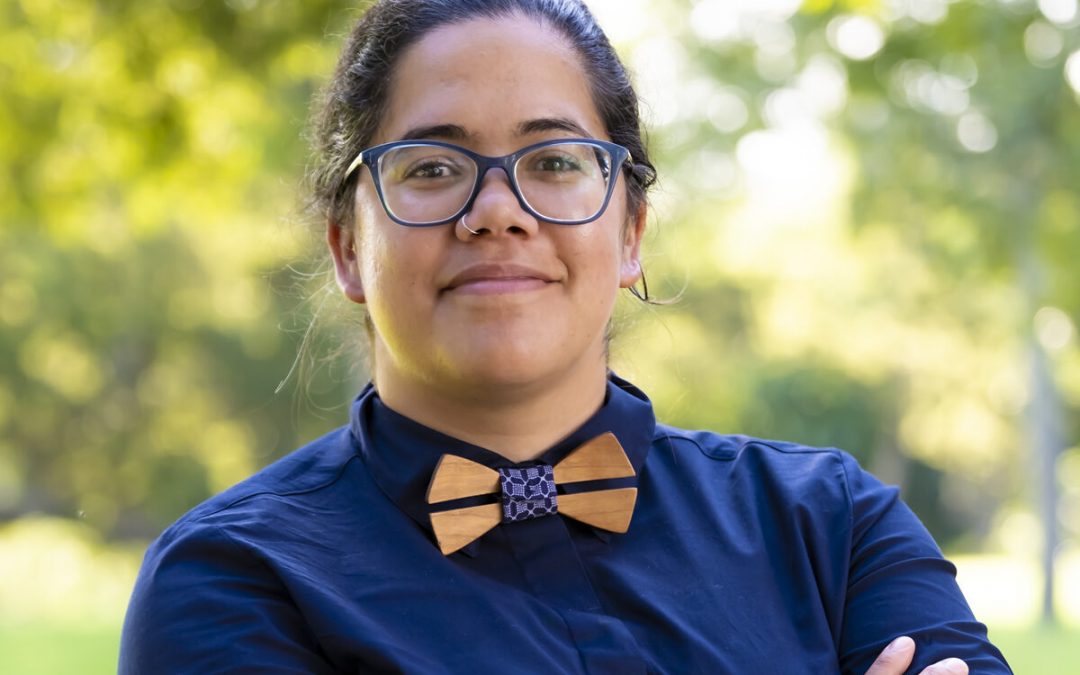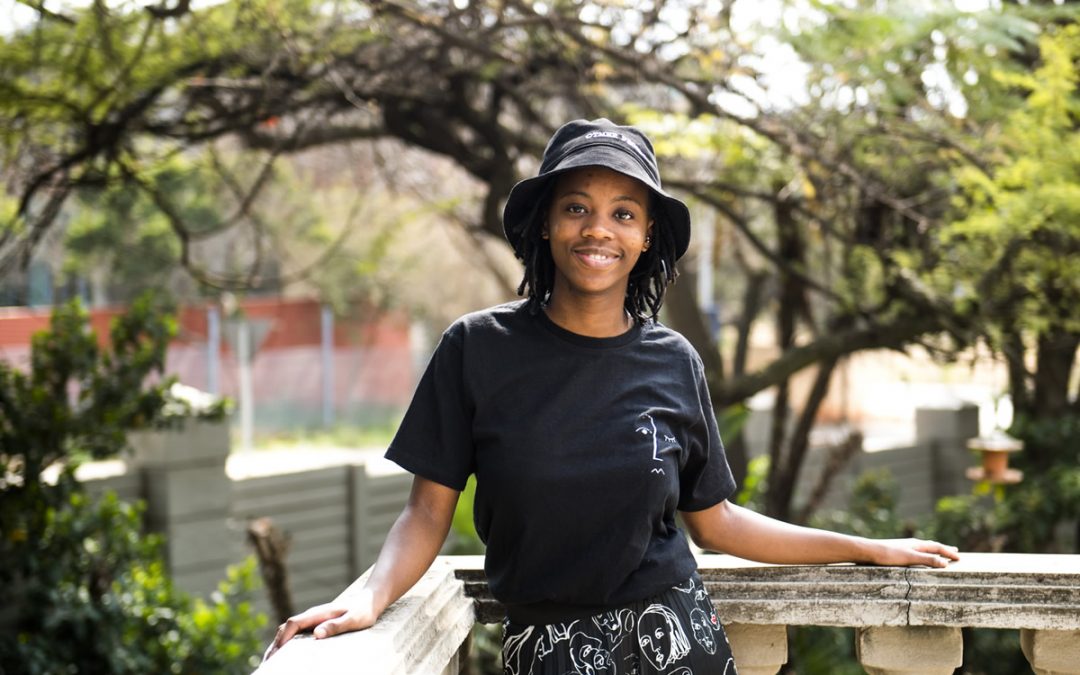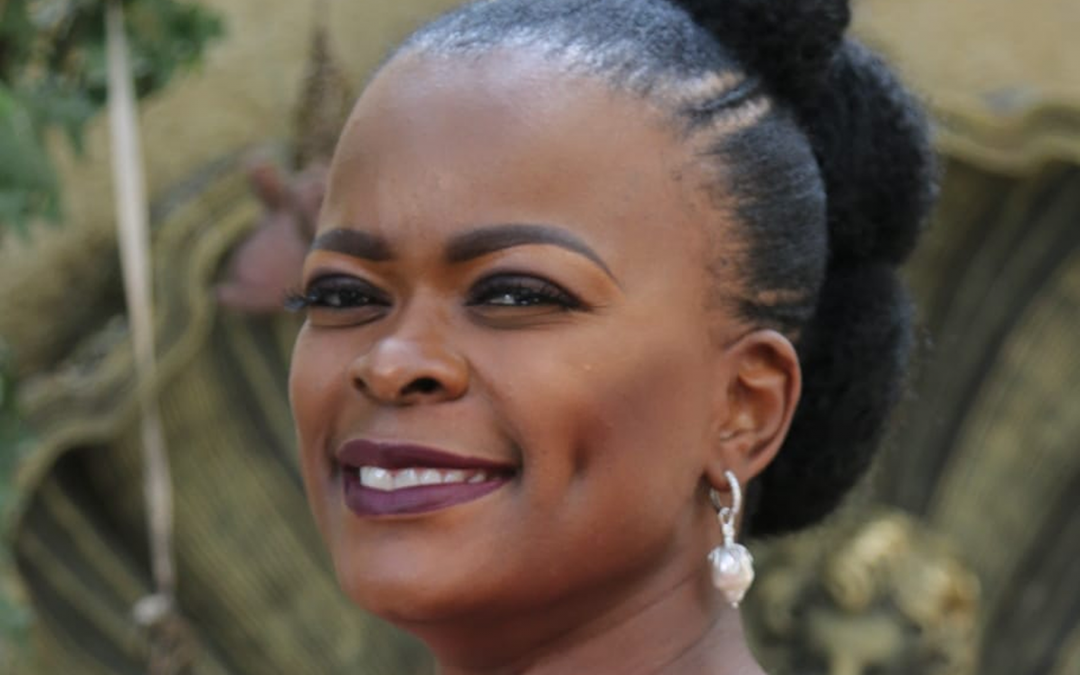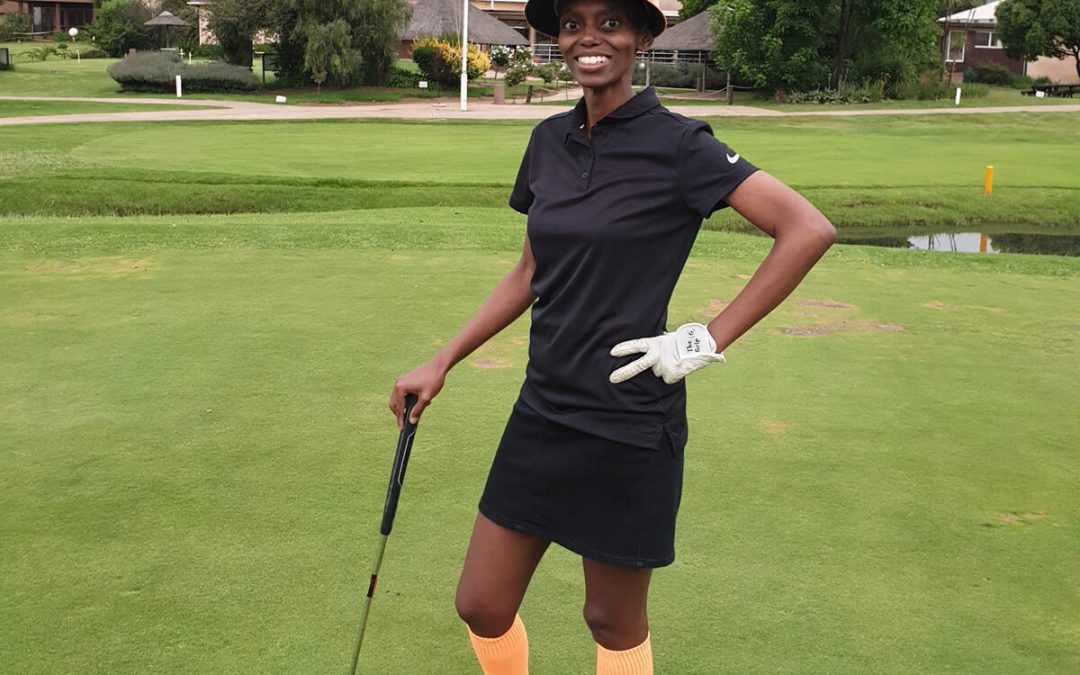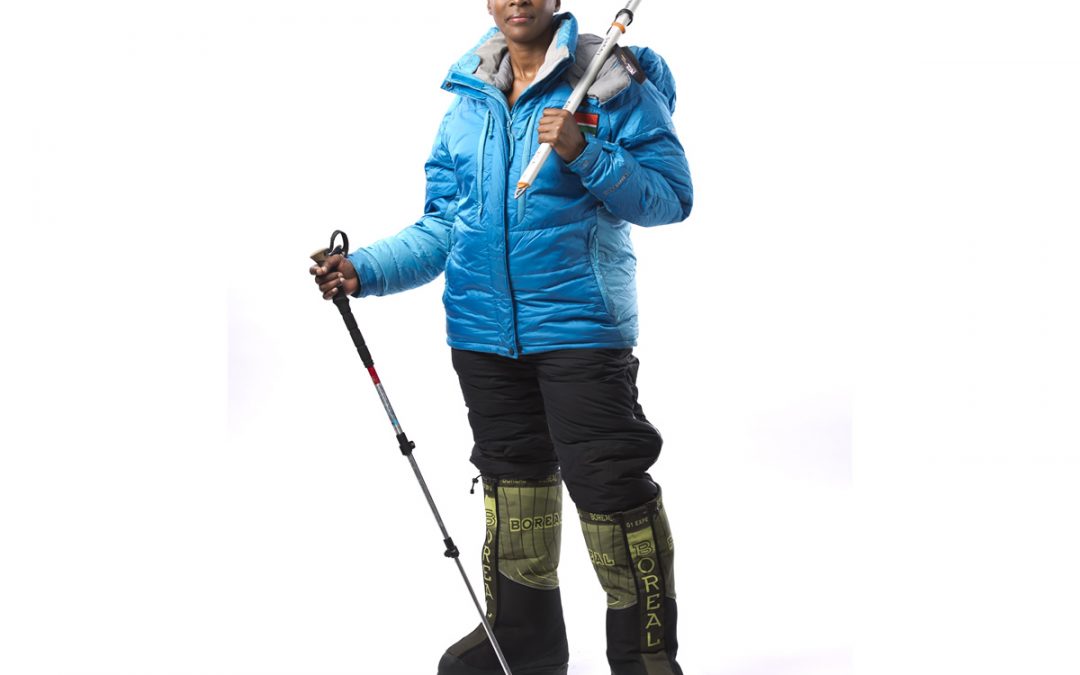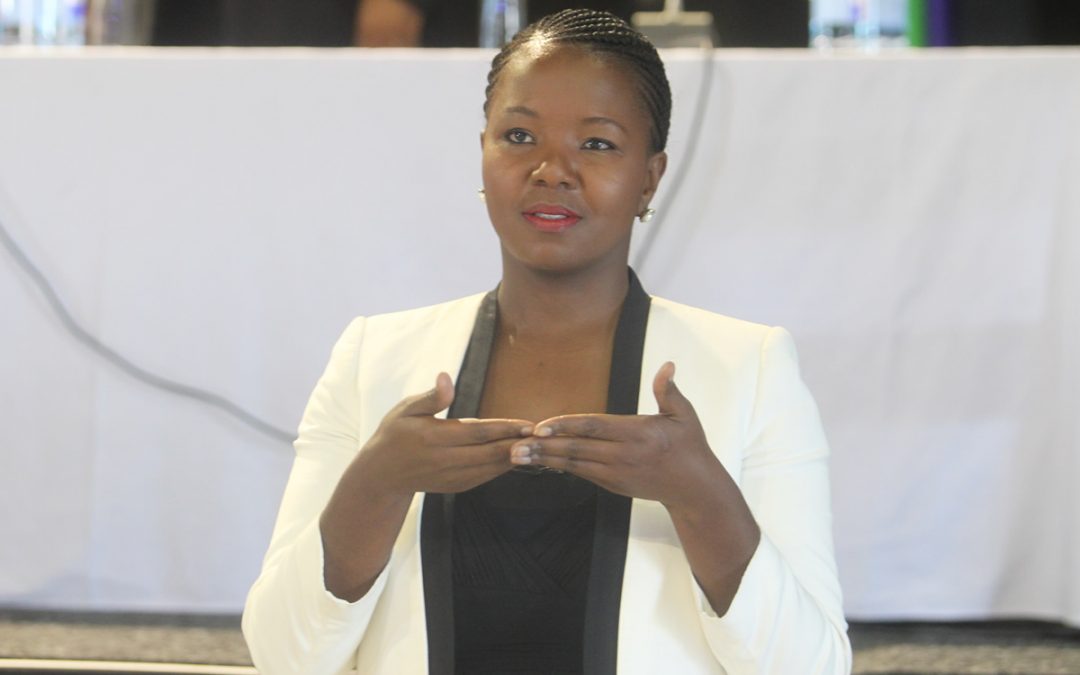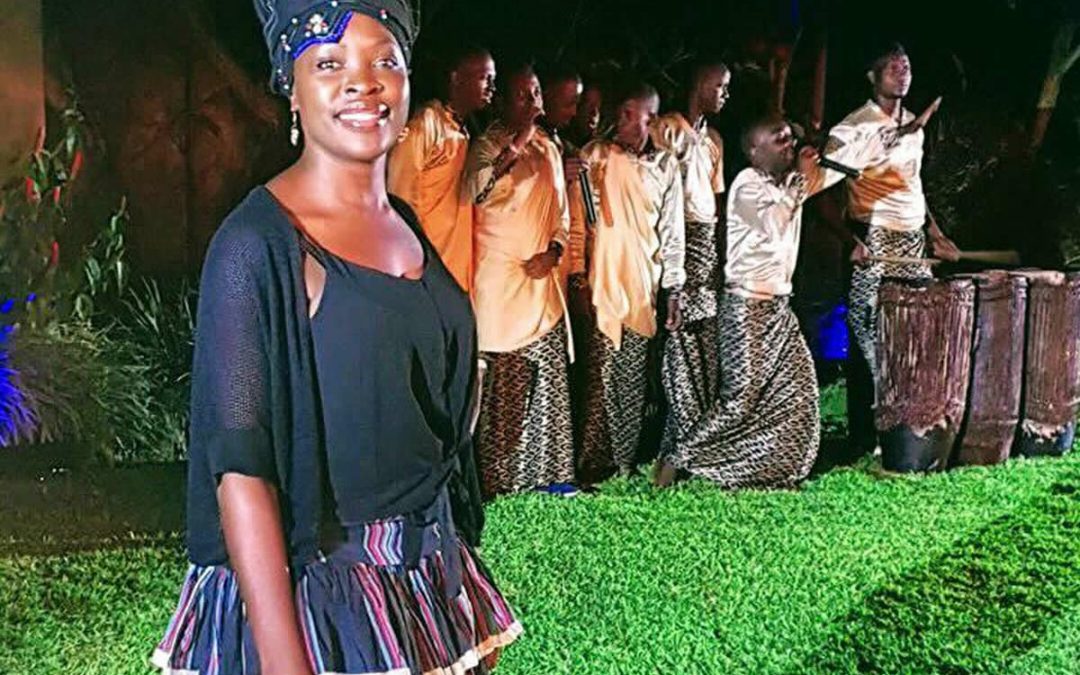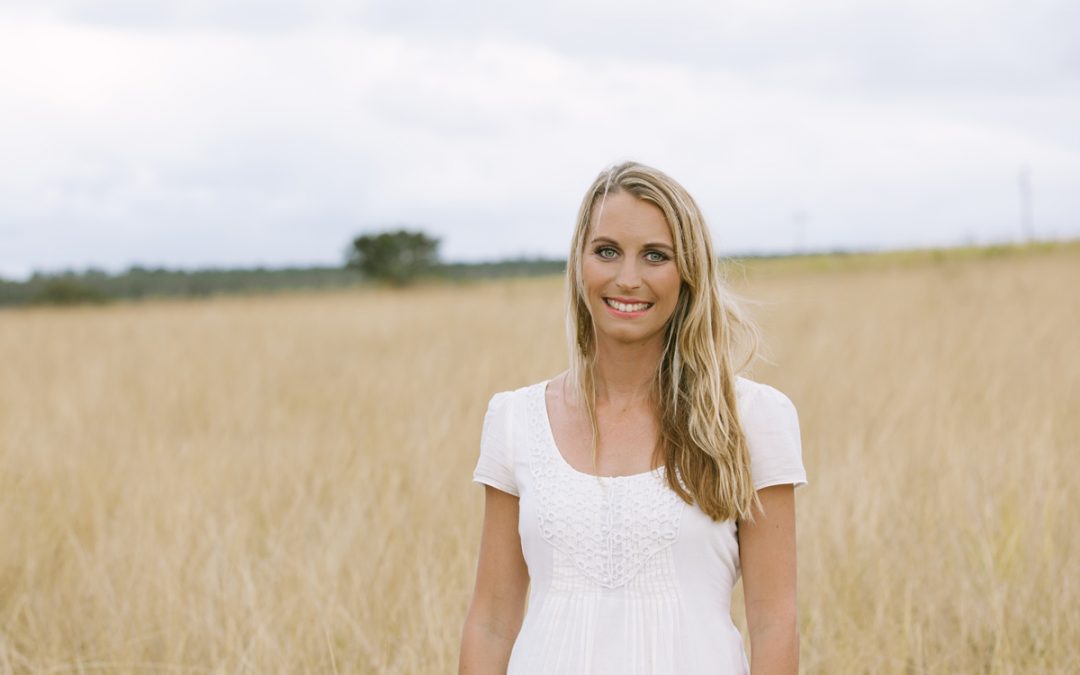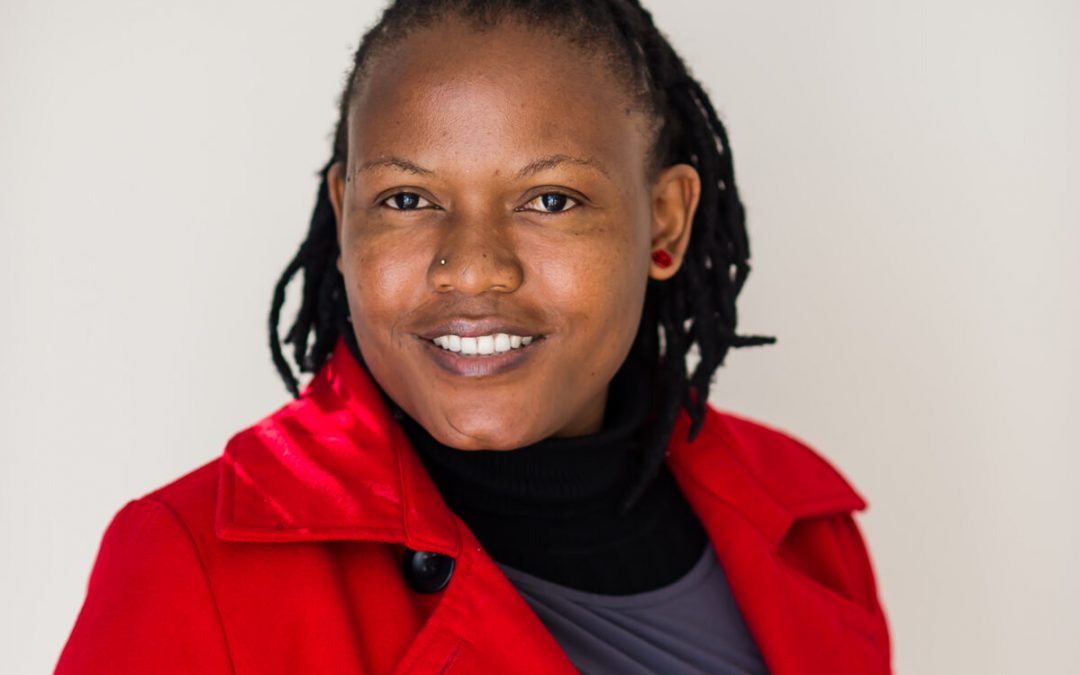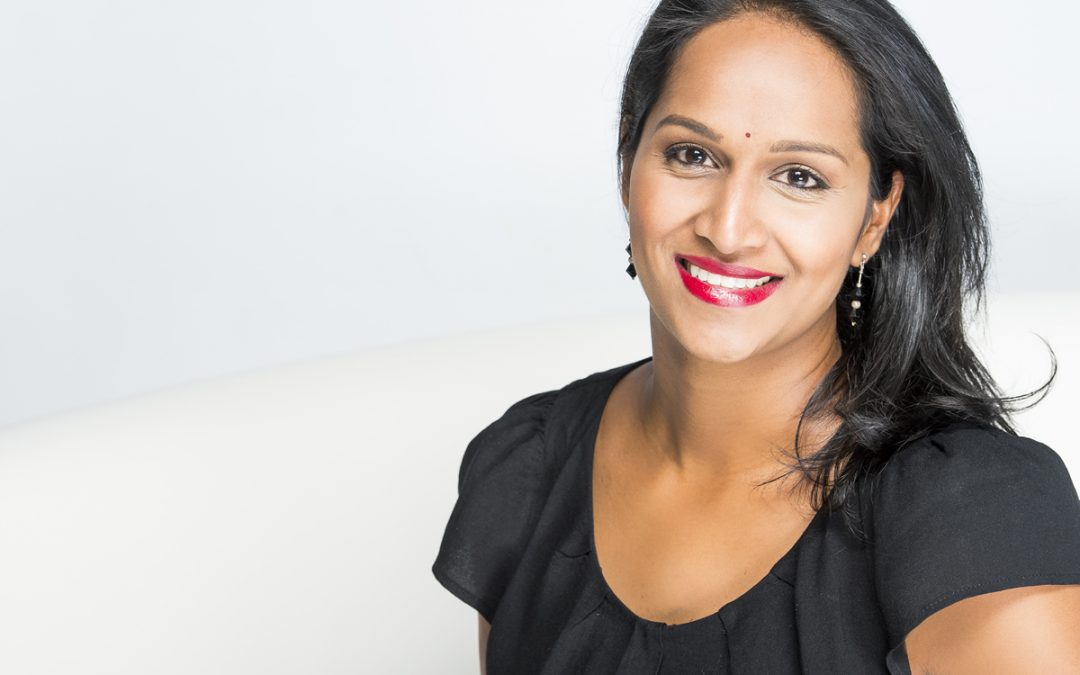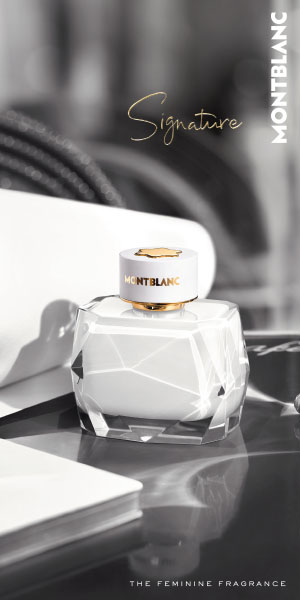Palesa Mokomele is a 37-year-old woman who through her company, Ezabalobi Media, works to include marginalised sectors such as small scale fishing into the formal economy. She is a 2019 Mandela Washington Fellow and has a Master’s in Political Communication from the University of Leeds. She has extensive experience in the media industry; knowing the power of the media, she uses her company to formulate lasting economic solutions for the fishing and marine sectors in the Western Cape. She says there can be no true transformation in fisheries without the inclusion of small scale fisheries.
Dala what you must; this is the motto Palesa Mokomela lives by. It’s Cape Town slang that means, “do you what you can/must”. Mokomela refuses to live within the limits that life has thrown at her, instead finding opportunities to build her community and herself.
She established Ezabalobi Media to ensure that marginalised sectors, such as small scale fishing, have an opportunity to merge into the formal economy.
She is a 2019 Mandela Washington Fellow and has a Master’s in Political Communication from the University of Leeds. She has extensive experience in the media industry; knowing the power of the media, she uses her company to formulate lasting economic solutions for the fishing and marine sectors in the Western Cape.
This is mainly done through a newspaper she established, Thetha Mlobi. The articles inform, educate and create a bridge between established fisheries, government and the small scale fisher. She says there can be no true transformation in fisheries without the inclusion of small scale fisheries. Mokomela is passionate about the sector and its potential. “The empowerment of this sector has to be wholesome — in capital, value chain development and in the upskilling of men and women who rely on it,” she says. Besides fighting for inclusion, she says she is equally passionate about the communication gaps in the marine sector and, particularly, the voice of women.
Her eagerness to fight for empowerment started when she was young, accompanying her mother to demonstrations that took place on Robben Island. Mokomela grew up in Nyanga, a township in the Western Cape which is known to some as the “murder capital” of South Africa. Nyanga was violent but she says she grew up among people who loved and nurtured her. There were challenges: she and her cousins had to walk long distances to school. The difficulties she faced while growing up did not discourage her, but instead “sharpened” her vision and made her more determined to persevere and do her best so that she could accomplish her goals. She now says she is proud to have the freedom to do the work that inspires her.
Another saying she particularly likes is: “It seems impossible until it’s done” by Nelson Mandela. She says it’s been a life saver during this Covid-19 period.
“I do believe that I am making an impact in my own unique way. I am very deeply committed to justice and to open access to information. These are the pinnacles of democracy, and I believe our country will be better if we continue to strive to lift each other up. There is no true freedom if so many people are living in squalor, but there are bright and smart people who put their minds and resources towards assisting them,” she says.
Outside her work, Mokomela says she is inspired by living in a country that’s constantly in a course of change. “I am inspired by the determination of South African women to push beyond limitations for ourselves, and most importantly, future generations”, she says.

